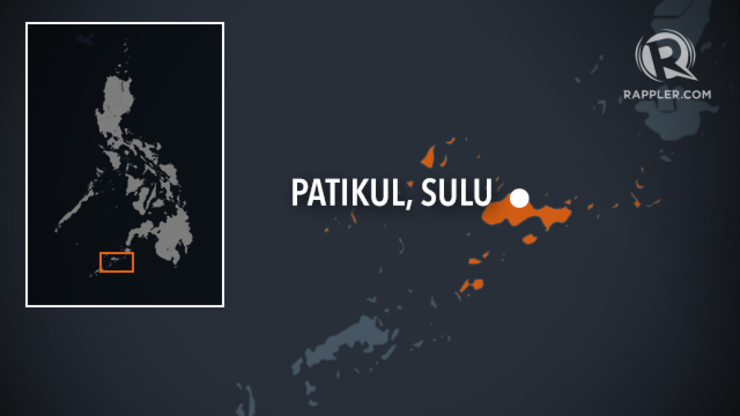From GMA News (Oct 19): Senate set to pass ban on chemical weapons as session resumes
The Senate will try to pass several important pieces of legislation, including a bill prohibiting chemical weapons, when it resumes plenary sessions on Monday, Oct. 20 after a three-week break.
The chamber will try to approve the proposed measures before it takes another break for All Saints' Day.
“We have a lot of pertinent bills on our list, and a number of these proposed legislation requires immediate passage," Senate President Franklin Drilon said in an emailed statement on Sunday.
Drilon said senators are expected to approve on third and final reading Senate Bill No. 2042 or the Chemical Weapons Prohibition Act.
The measure, approved on second reading on Sept. 22, aims to prohibit the development, production, stockpiling, and use of chemical weapons.
According to Drilon, Senate Bill No. 2282 or the Fair Competition Act is "close to seeing passage as well" as senators are expected to complete the amendments to the bill.
He said the Senate bill is among the priority economic measures expected to be approved by Congress next year "in order to improve the Philippine's business climate, boost investment and ensure macroeconomic and fiscal sustainability in time for the Association of Southeast Asian Nations Economic Community in 2015."
Senators are also "ready to introduce amendments" to Senate Bill No. 2400 or the Sugarcane Industry Development Fund, Drilon said.
The Senate will again be in recess from Nov. 1 to Nov. 16.
http://www.gmanetwork.com/news/story/384231/news/nation/senate-set-to-pass-ban-on-chemical-weapons-as-session-resumes
However, there is an old thought which says that water connects and mountain divides. Whether this principle is part of the discussion of the parties and relevant to the issue, we cannot say yes or no.
Without doubt, however, the validity of this claim cannot be applied without measure. For mountain, there is no problem, because its size and length are very much measurable, but in the case of water, it can connect up to the United States, Europe, Japan, and Africa. And, therefore, this water connectivity cannot be applied indiscriminately.
In the proposed Bangsamoro territory, the only problematic area is Zamboanga City, because the Bangsamoro waters, which is 22.22 kilometers from the lower watermark in the shoreline, and the municipal waters of Zamboanga City, which is 15 kilometers, overlap each other, so that in effect they have a common boundary if water also connects or provides contiguity.
But here we are not saying that villages (barangays), which are Moro-dominated, can avail of the petition for inclusion in the proposed plebiscite to determine the territory of the Bangsamoro. What we are saying is that this is a gray area as far as the issue of contiguity is concerned, which must be confronted squarely to stave-off a possible problem that can even reach the court in the future.
The Mirriam-Webster Dictionary defines contiguous as: 1) things that touch each other or are immediately next to each other; 2) being in actual contact: touching along a boundary or at a point; 3) of angles: adjacent; 4) next or near in time or sequence; and 5) touching or connected throughout in an unbroken sequence.
We understand the concerns of the politicians of Zamboanga City, but these must not be at the extent of curtailing the right of the people or the governed to be heard, which is not only a constitutional right but also a universal one.
On the part of the MILF, we assure these politicians that we have never had or will ever have the slightest of intention to include any part of the city to the proposed Bangsamoro territory.
We suppose the right approach of these politicians is to talk to the Moros in Zamboanga City and urge them not to petition for inclusion. More importantly, they must immediately stop their policy of disuniting the Moros and the Christians, for political or whatever reasons. This policy will not fare well in this 21st century.
Seriously speaking, the issue of contiguity is really hard to settle, because it does not only touch geographical proximity, but also legal, emotional, historical, and moral underpinnings. Besides, both R.A. 6734 and R.A.9054 are silent on contiguity; otherwise, the territory of the Autonomous Region in Muslim Mindanao (ARMM), which is composed of two mainland Mindanao provinces (Maguindanao and Lanao Del Sur which have common land borders) and three island provinces cannot be constituted.
Indeed, this issue of contiguity is a real challenge to everyone who discerns and who is guided by fairness and consistency.
http://www.luwaran.com/index.php/editorial/item/1287-issue-of-contiguity


